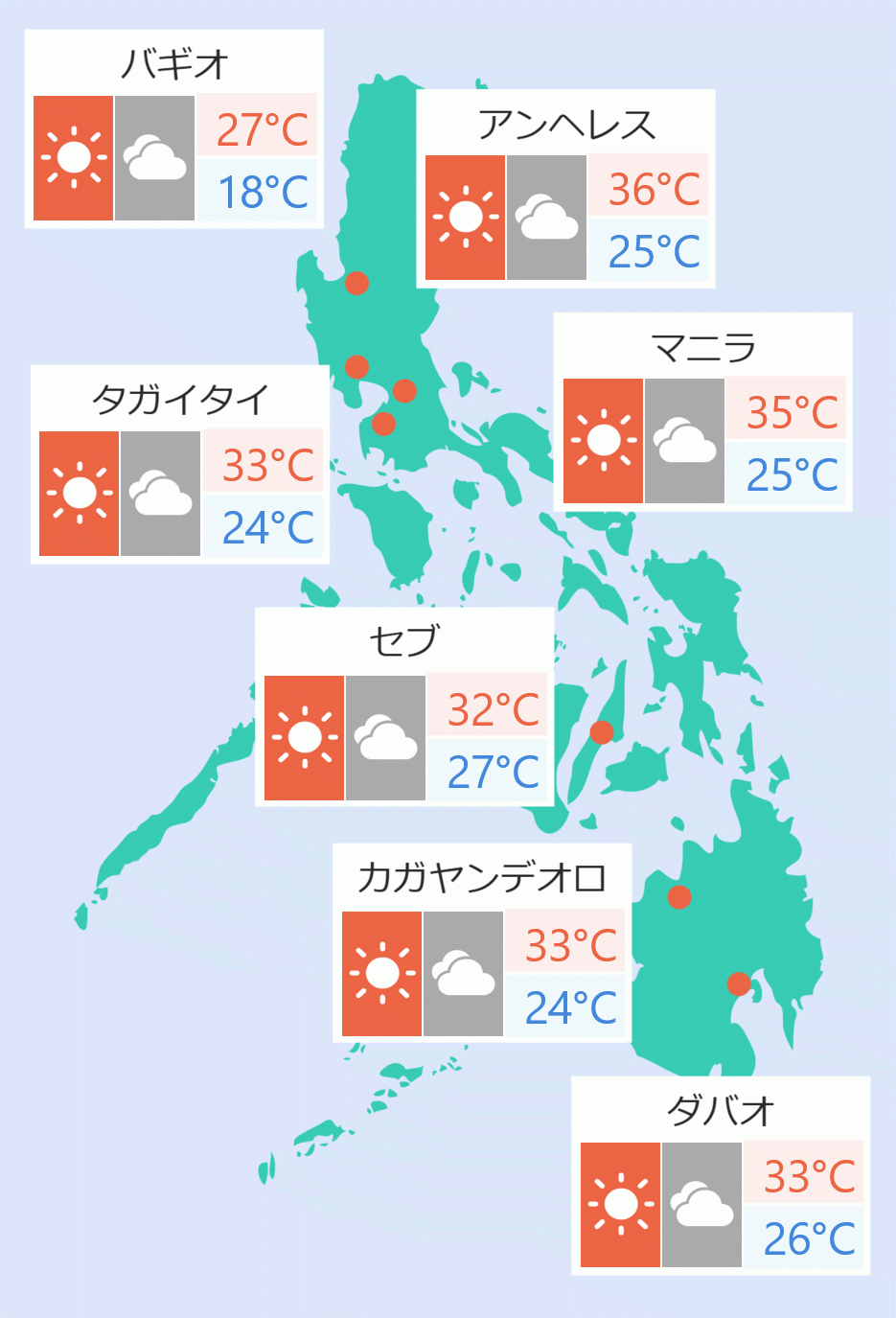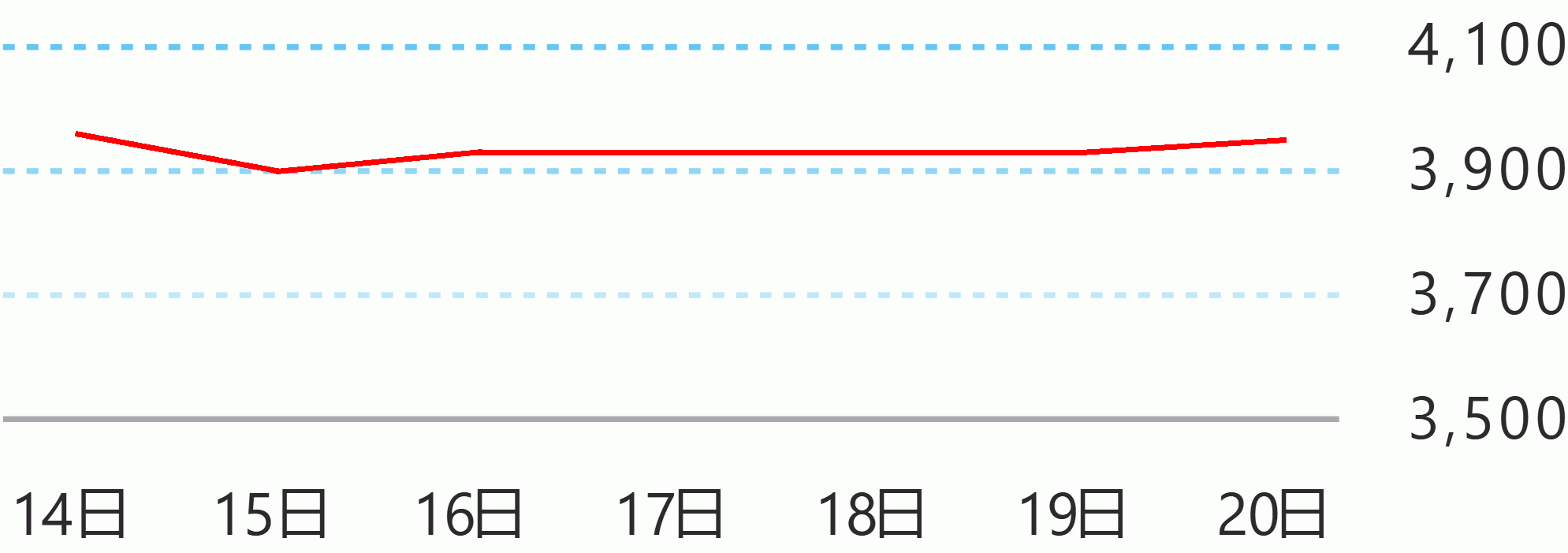By Robina Asido
The level of vertical conflict caused by rebellions in the Bangsamoro region declined sharply due to martial law in 2017 to 2019 than the peace building efforts, a Senior Peace and Conflict Adviser of Asia International Alert said on Thursday.
In a press briefing in Makati City, Francisco Lara Jr. who is a professor at the University of the Philippines,said vertical conflict refers to rebellion related violence, or "violence related to insurgency, separatist or non-separatist armed struggles against the state, including terrorist actions.
According to the book launched by the International Alert Philippines, titled "Conflict's Long Game", the "vertical conflict then led the decrease in total conflicts between 2017 and 2020, declining sharply under martial rule, at a rate o 46.4 percent per year between 2017 and 2019."
Lara said the data shows that the decline in the level of vertical conflict was mostly affected by the implementation of martial law than the peace building initiatives in Mindanao.
"When we look at the causes of the decline, we say that it has more to do with military rule that it has to do with the peace building initiatives by different groups. I am not saying those did not create an effect but they were so limited that they could not cause the effect that happen across the border only that military situation," he said.
"When we look at the decline in violence we could not attach it at all to the creation of the regional government that was mentioned repeatedly. The report that the military and the police must be credited for giving them that space during the period of martial law," he added.
Lara explained that during martial law, mobility of rebel and terrorist groups in Mindanao were restricted.
"Do you remember martial law was implemented in 2017 and then it was extended to 2019? During that time, mobility of the armed groups was really affected there was a big problem in terms of clashes because the military was on high alert all the time and then three months after 2019 it ended you have the pandemic so it was followed by the pandemic," he said.
"There is no other explanation for the sort of decline that we saw after 2017 that was brought across all provinces in the region except from the fact that there was a military rule. On the other hand what we saw was when the BOL was established and the new BARMM was organized that you had an explosion of violence right in the Maguindanao in relation to example violent extremist attacking indigenous people," he added.
Lara also noted that one of the most important threats that they saw is the rising horizontal conflict in the region.
"For us the most important threat is that which pertains to the two things that we raise one is the rising number of horizontal violence in relation to land, the political violence that include revenge killings is a picture of every election year, so expect that this year because there was election and it will spike again in 2025. It's going down now, but what is lingering... (are) those issues related to land," he said.
He said the decommissioning of weapons of the MILF is also a big problem, "we are in a political transition where one group was partner of the peace process has not decommissioned its weapons. That's recognized by everyone the delays are there. Even the Office of the Presidential Adviser of the Peace Process (OPPAP) already knows that it could be a problem".
"The longer that stays, that is delayed. (it) will create a lot of problems. Apart from that of course is the continued increase of shadowed economies in Mindanao in relation to the return of the drug trade to the levels that are not yet the same before the war on drugs but approaching those levels. We seen that happening right now in the urban centers," he added. DMS





 English
English










